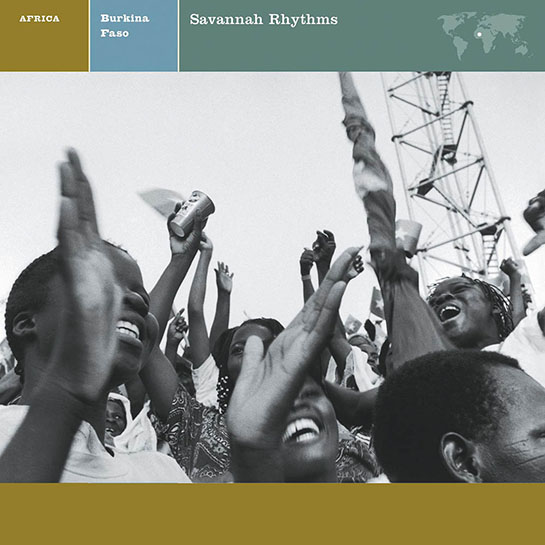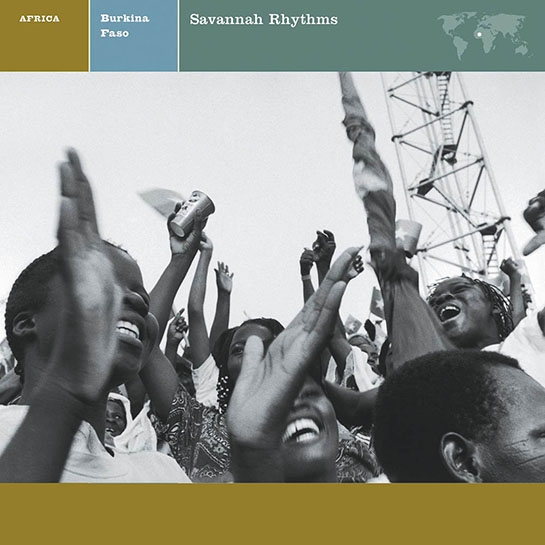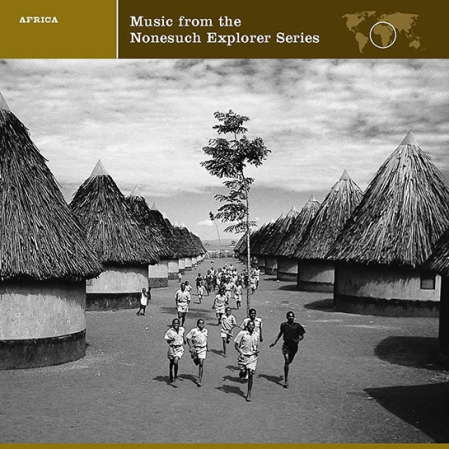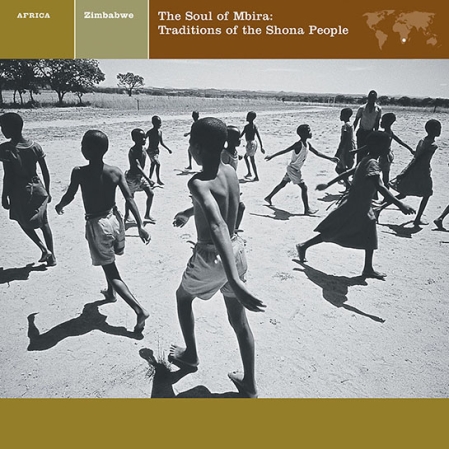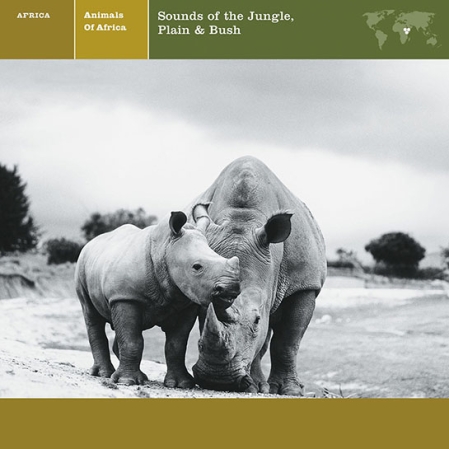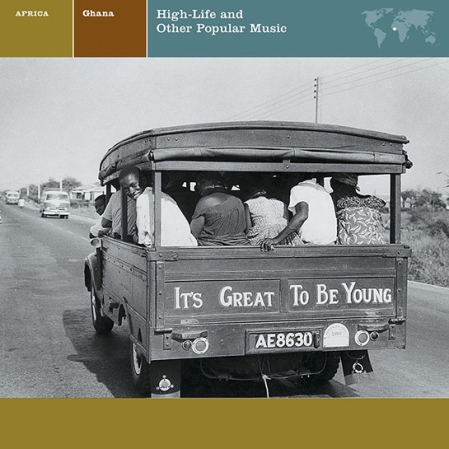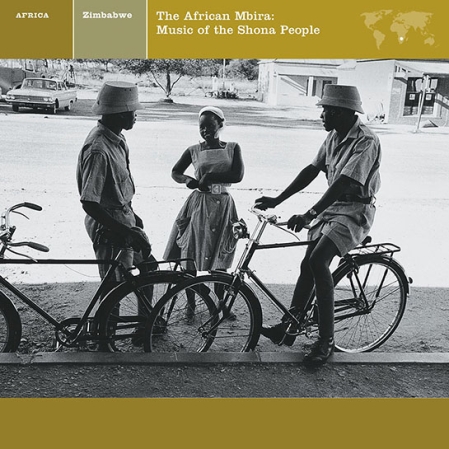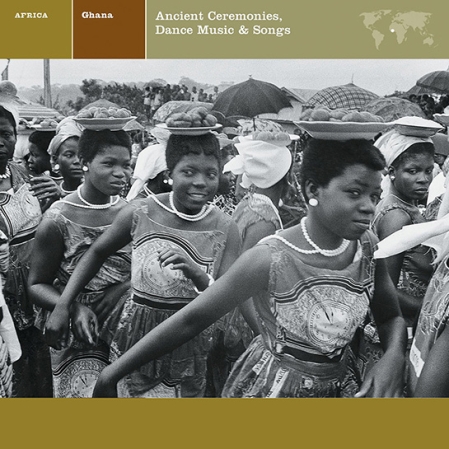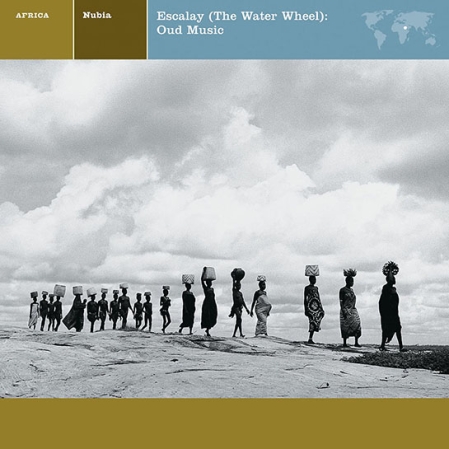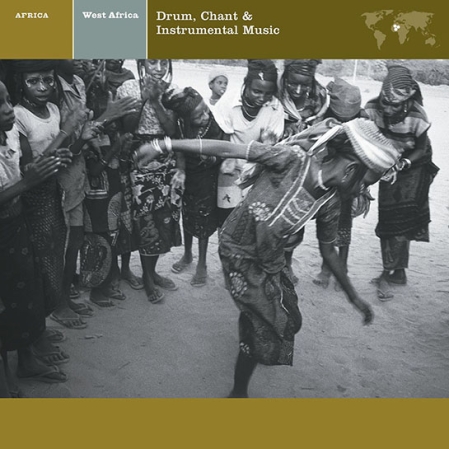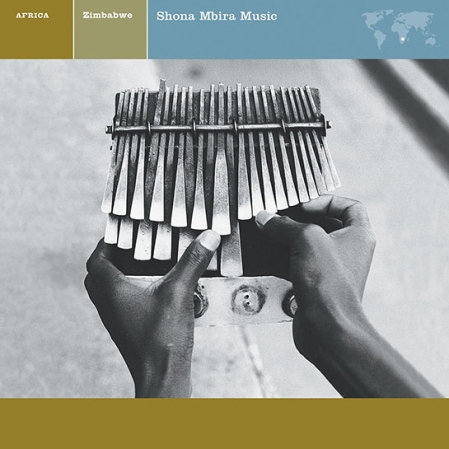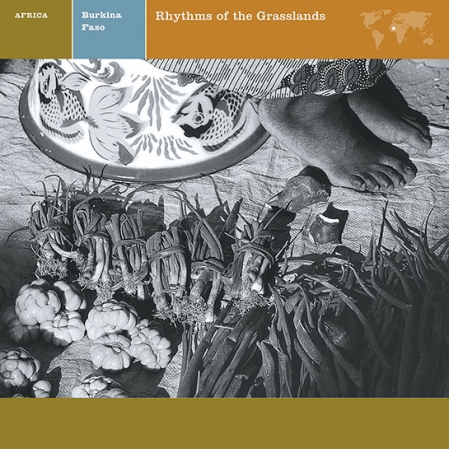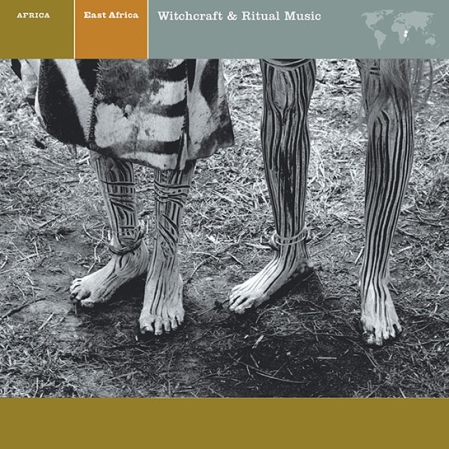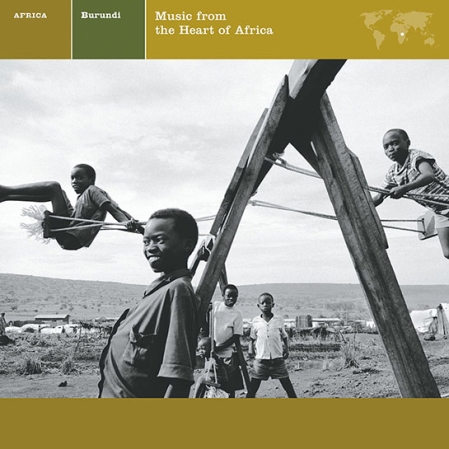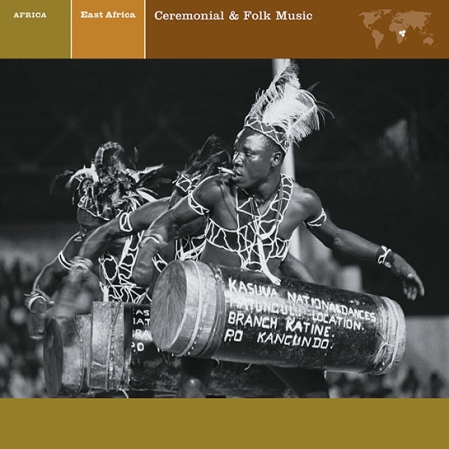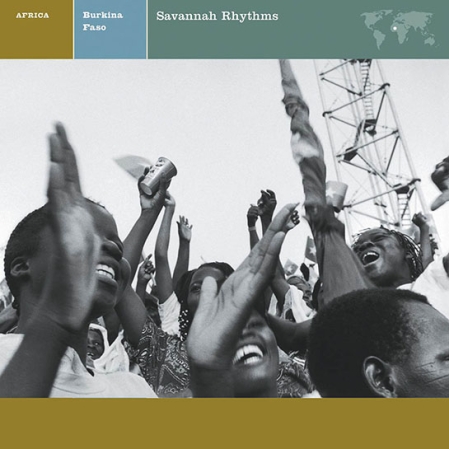The 60 different ethnic groups of Burkina Faso all maintain unique repertoires of music and dance to accompany daily activities, rituals, and the harvest cycle. This album samples each of the country's three major cultural regions—Voltaic, Mande, and Fulani—featuring drums, musical bow, xylophone, percussion, gourd-clarinet, and calabash, with vocals.
Originally released in 1981 as Savannah Rhythms: Music of Upper Volta
In order to provide a historical context for this recording, the liner notes that accompanied its original release have been reprinted in full below. The text has not been edited to reflect changes in general cultural perceptions or specific factual information that may have occurred since then.
A series of military coups in the late 1970s and early 1980s led to the rise of Captain Thomas Sankara as the leader of Upper Volta in 1983. A Marxist, Sankara worked towards domestic social and economic reform. At the same time, he severed connections to his country’s colonial past by aligning with Communist states abroad. Furthermore, in 1984, the name Upper Volta was shed in favor of Burkina Faso, which, through a combination of words in two of the country’s main languages, means “the land of incorruptible/upright men.”
Sankara was assassinated in 1987, allowing his closest ally, Captain Blaise Compaoré, to seize control. Through single- and multi-party elections in the 1990s, Compaoré and his party have maintained control of the government ever since. They have worked to reverse the trends set by his predecessor, seeking the assistance of the World Bank and the international community at large.
—Ed.
Existing in the dry savannah plains, the people of Upper Volta dream of life-giving waters. Savannah grasslands in the south and central pert of the country give way to an ever- encroaching Sahara desert to the north. Upper Volta is one of the poorest countries in the world and the drought in the Sahel during the 1970s emphasized the fragility of Voltaic life and land.
Upper Volta is approximately the size of Colorado and supports six million people speaking over sixty different languages. Three major trade languages (Moore, Dioula and Fulbe representing the major cultural regions) provide continuity in travel through a myriad of diverse cultures. The black, white and red tributaries of the Volta River (hence the country’s name) drain through the country and converge in Ghana to the south. The economy is based on subsistence farming and livestock herding. Lacking substantial industry, Voltaics leave for Ivory Coast every year to seek temporary employment. The country gained its independence from the French in 1960 and presently exists under military leadership.
The music of Upper Volta is as varied and rich as its people. The sixty different ethnic groups all maintain unique repertoires of music and dance. Songs and dances reflect traditional life and preserve the solidarity of the tribe. This album samples each of the three major cultural regions: Voltaic in the central and east; Mande in the west and southwest; and the nomadic Fulani to the north.
African music is rarely played for its own sake; an African musician plays “with” people, not “for” them. Music plays an integral role in the celebration of life’s many rituals and accompanies everyday activities. Music is extremely important to the agricultural cycle with field cultivation, harvest and winnowing of millet performed to the rhythm of the drums. Mossi women sing complaints of their husbands as they grind millet grain. The younger boys whistle and croon softly as they wander the silent savannah with cattle and goats. Griots recite history of the people, places and events of the community. They sing praise songs to arouse loyalty in the listener. Certain instruments can even “talk” by imitating the tonal patterns characteristic of Voltaic languages. African life and music are one.
- KATHLEEN JOHNSON, 1981
PRODUCTION CREDITS
Recorded 1973–1975 in Upper Volta by Kathleen Johnson
Editing: John Howell, Library of Congress
Mastered by Terry Dunavan, Elektra Sound Recorders
Coordinator: Keith Holzman
Re-mastered by Robert C. Ludwig
Design by Doyle Partners
Photography by Magnum Photos
79712
